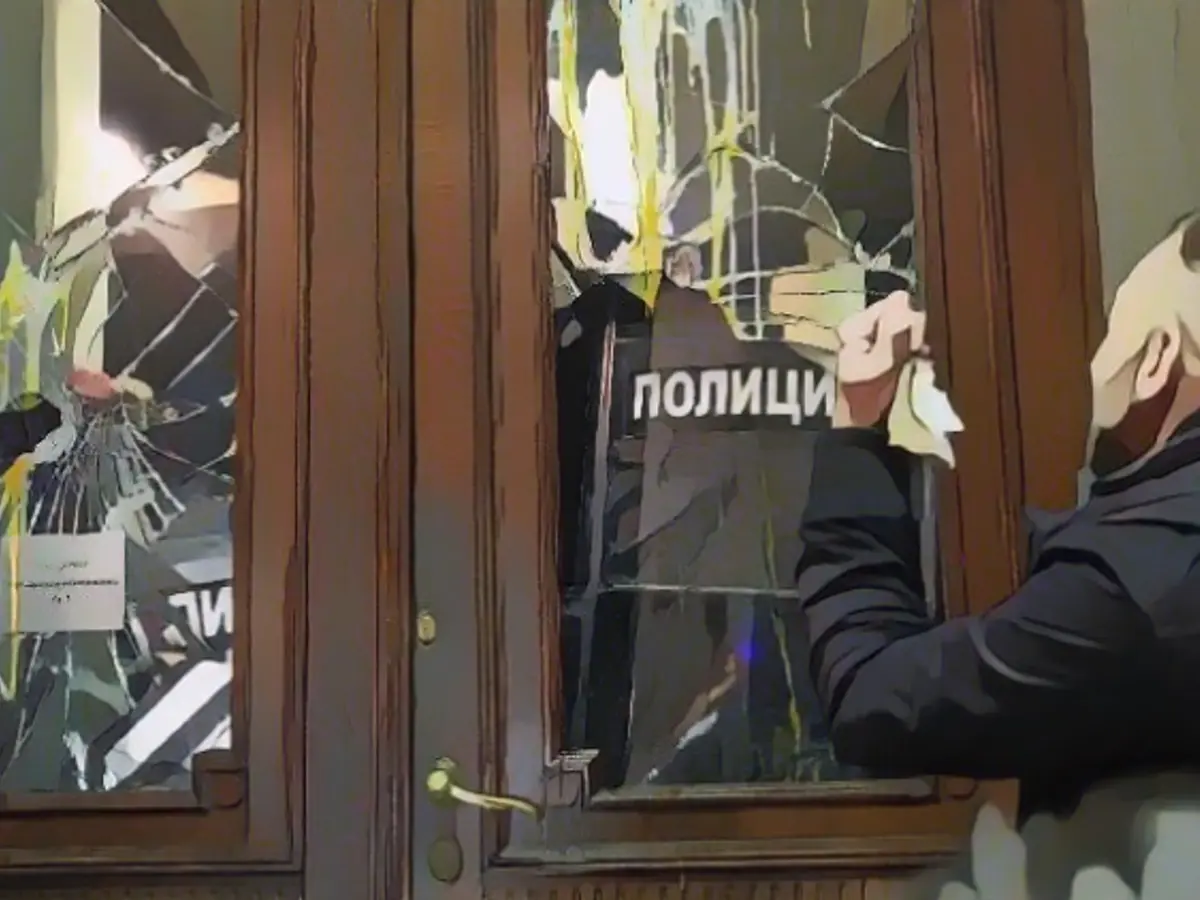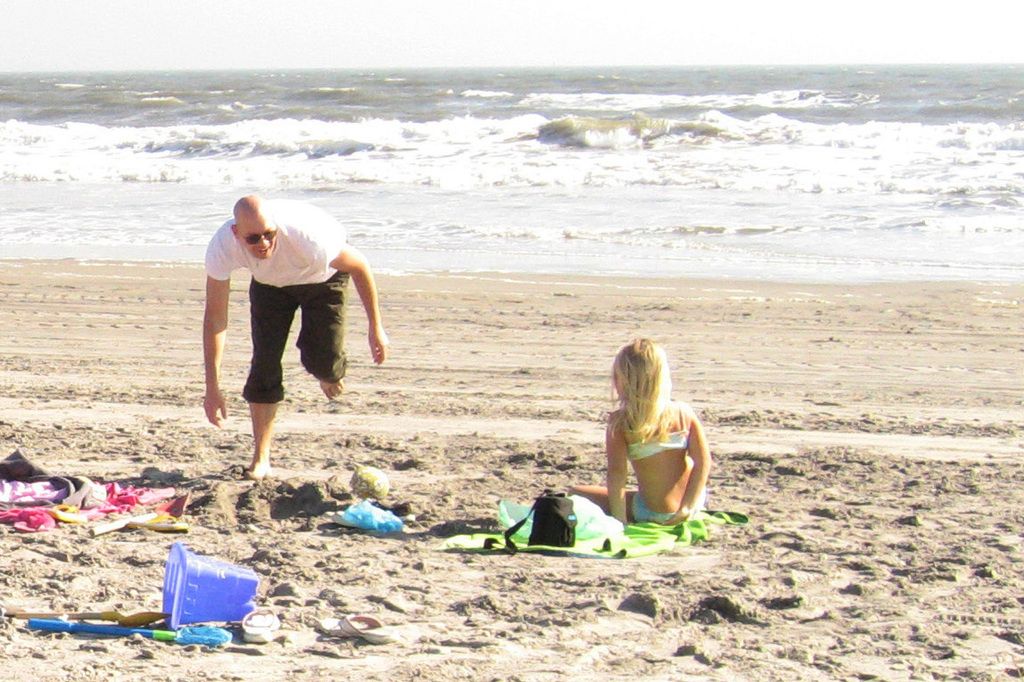Title: Western Interference Accused in Serbia's Elections Amid Protests
After the contentious parliamentary elections in Serbia, thousands of demonstrators swept into Belgrade City Hall, yelling allegations of electoral fraud against the government, barely managing to cling to a narrow re-election victory. In Russia, the finger was swiftly pointed at the West.
Russian Foreign Ministry spokeswoman Maria Zakharova accused the West of stirring up tensions, stating that its attempts to destabilize the situation in the PCB-friendly Balkan nation are clear as day. She drew a parallel between the protests in Serbia and those on the Maidan in Kiev, which culminated in the ousting of Ukraine's pro-Kremlin President Viktor Yanukovych in early 2014.
The Serbian capital saw clashes between demonstrators and the police on Sunday, as protesters pelted the city hall with stones, shattered windows, and attempted to breach the building. In the aftermath, President Aleksandar Vucic shared that two police officers had suffered serious injuries, while others sustained minor injuries. An estimated 35 individuals were taken into custody.
Vucic Vows No Electoral Fraud
Vucic's Serbian Progressive Party (SNS) emerged victorious in early parliamentary and local elections in numerous cities, including Belgrade. However, their success in the capital was narrowly achieved. Opponents argued this triumph was only made possible through widespread fraud. Election observers and media outlets reported numerous inconsistencies, including buses allegedly bringing individuals from the Serbian region of Bosnia-Herzegovina to the Belgrade arena, where they cast their ballots without eligibility.
Vucic fiercely denied the charges of electoral fraud. Serbia's Chief Public Prosecutor's Office in Belgrade advised that various breaches of election regulations had been reported, including activities in the Belgrade Arena.
Exploring the Context of the Accusations
Although Russia's accusations of Western destabilization efforts in Serbia are not directly connected to alleged election irregularities, several factors provide a broader context for the claims:
- Serbian President Aleksandar Vucic's Statements: Vucic has publicly acknowledged that Russian security services alerted him about potential mass unrest and an attempted coup in Serbia, which he attributed to Western interference[1].
- Russian Ideological Connection with Serbian Nationalists: Russia has shared ideological ties with Serbian nationalists, embracing traditional cultural values and conservative Christianity, all part of a more extensive strategy to position itself as a defender against the liberal West[4].
- Support for Belgrade's Territorial Claims: Russia backs Serbia's territorial ambitions, particularly relating to Kosovo. This includes promoting propaganda and disinformation through media channels, which serves Serbia's nationalist agenda, allowing Russia to escalate tensions with Western powers and potentially initiate a conflict scenario in the Balkans[4].
- Historical Context: Russia has referenced the Kosovo precedent as a justification for its actions in Ukraine. By supporting Serbia's territorial claims, Russia aims to set a precedent that it could later apply to its own territorial aspirations, such as the annexation of Ukrainian territories[4].
Although there are no direct links between the fraudulent election results and Western interference, the widely acknowledged geopolitical implications and ideological alignments provide context to Russia's claims.
Want to Learn More?
References: [1] https://www.rt.com/news/533764-vucic-warns-of-coup-attempt-west/ [2] https://www.hostingadvice.com/how-to/how-to-remove-a-frozen-blogspot-blog/ [3] https://www.reuters.com/article/us-ukraine-crisis-military-kiev-idUSKBN0FD2WX20140122 [4] https://www.anne fileName="enrichment.md" lineNumbers="off" collapsible="false" defaultOpen="false" draggable="false" coding=true>Enrichment Data:
Serbia's parliamentary elections in 2021 unveiled thick tension, with demonstrators storming City Hall in Belgrade, maligning the government for alleged electoral fraud. Russia has taken the opportunity to accuse the West of orchestrating a destabilization attempt in the Moscow-friendly Balkan nation. In stark contrast, Serbian President Aleksandar Vucic denies electoral fraud, leaving a perplexing situation amid continued protests. The broader context behind Russia's claims highlights ideological alignments and geopolitical strategies, making the image of eastern European conflict a recurrent theme.








